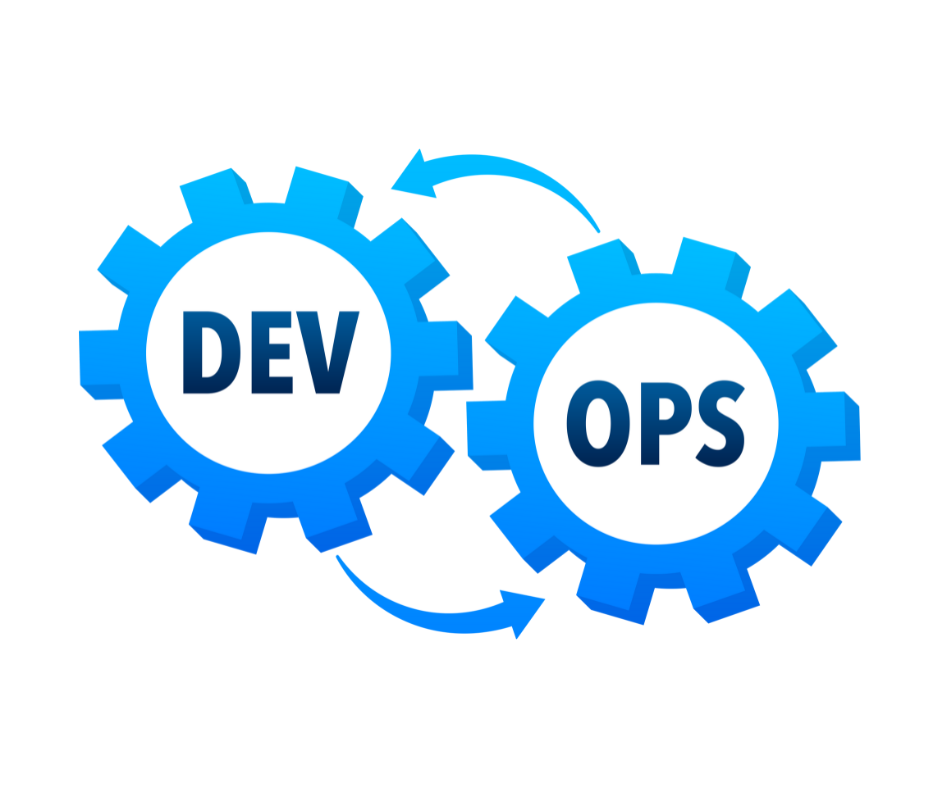
Introduction:
In the rapidly evolving landscape of IT, where agility and efficiency reign supreme, DevOps has emerged as a key paradigm shift in software development and operations. DevOps, a portmanteau of Development and Operations, is not just a set of practices or tools; it’s a cultural and organizational philosophy that fosters collaboration and communication between development and operations teams. As businesses strive to achieve faster time-to-market and seamless software delivery, the demand for skilled DevOps professionals is on the rise. This brings us to the pivotal role of a DevOps Engineer and the significance of DevOps training, particularly in a tech hub like Hyderabad.
Understanding DevOps:
DevOps is not a one-size-fits-all solution; rather, it’s a set of principles and practices aimed at breaking down silos between development and operations teams. The primary goal is to streamline the software delivery lifecycle, from coding and testing to deployment and monitoring, enabling continuous integration and continuous delivery (CI/CD). By automating manual processes and fostering collaboration, DevOps seeks to enhance the speed, efficiency, and quality of software development. The DevOps Training program by Kelly Technologies can help to develop the skills needed to handle the tools and techniques associated with DevOps.
Key Principles of DevOps:
- Collaboration: DevOps emphasizes breaking down the traditional barriers between development and operations teams. Collaboration is at the core of the DevOps philosophy, fostering shared responsibilities and a collective commitment to delivering high-quality software.
- Automation: Automation is a cornerstone of DevOps practices. By automating repetitive tasks, code testing, and deployment processes, DevOps engineers can significantly reduce the risk of errors and enhance the overall efficiency of the development lifecycle.
- Continuous Integration and Continuous Delivery (CI/CD): CI/CD is a DevOps practice that enables developers to integrate code changes continuously and deliver them to production in an automated fashion. This approach accelerates the release cycle and ensures that software is always in a deployable state.
The Role of a DevOps Engineer:
A DevOps Engineer plays a crucial role in implementing and managing the tools and processes that facilitate collaboration and automation within an organization. Some key responsibilities include:
- Infrastructure as Code (IaC): DevOps Engineers use IaC to automate the provisioning and management of infrastructure. This ensures consistency and repeatability in the deployment process.
- Configuration Management: DevOps Engineers are responsible for configuring and managing the software and infrastructure components to maintain consistency across different environments.
- Continuous Integration/Continuous Delivery (CI/CD): DevOps Engineers design, implement, and maintain CI/CD pipelines to automate the testing and deployment of code changes, promoting a more efficient and reliable release process.
- Monitoring and Logging: DevOps Engineers set up monitoring and logging systems to track the performance of applications and infrastructure, allowing for quick identification and resolution of issues.
- Collaboration and Communication: DevOps Engineers facilitate communication and collaboration between development, operations, and other stakeholders, ensuring that everyone is aligned with the goals of the software delivery process.
DevOps Training in Hyderabad – The Kelly Technologies Advantage:
As the demand for skilled DevOps professionals continues to grow, undergoing DevOps training becomes essential for individuals aspiring to thrive in this dynamic field. Hyderabad, a hub for the tech industry in India, is witnessing a surge in the need for DevOps expertise. One prominent player in the field of technology training in Hyderabad is Kelly Technologies.
Kelly Technologies offers comprehensive DevOps training programs designed to equip individuals with the skills and knowledge needed to excel in real-world DevOps environments.
Here’s why aspiring DevOps professionals in Hyderabad should consider Kelly Technologies:
- Expert Trainers: Kelly Technologies boasts a team of seasoned DevOps professionals who bring real-world experience to the training programs. Learning from industry experts ensures that trainees gain practical insights and skills relevant to the current job market.
- Hands-On Labs and Projects: The training at Kelly Technologies goes beyond theoretical knowledge. Through hands-on labs and real-world projects, participants get the opportunity to apply their learning in simulated environments, preparing them for the challenges they will face in their professional roles.
- Comprehensive Curriculum: The DevOps training curriculum at Kelly Technologies covers a wide range of topics, including version control, automation, continuous integration, containerization, and more. This holistic approach ensures that participants acquire a well-rounded skill set.
- Placement Assistance: Kelly Technologies goes the extra mile by providing placement assistance to its DevOps training graduates. The institute has established connections with leading IT companies in Hyderabad, facilitating job placements for qualified individuals.
Conclusion:
In conclusion, DevOps is a transformative approach to software development and operations, promoting collaboration, automation, and continuous improvement. DevOps Engineers play a pivotal role in implementing DevOps practices within organizations, making them indispensable in today’s fast-paced IT landscape. As the demand for DevOps expertise rises in Hyderabad, aspiring professionals can benefit from comprehensive training programs provided by reputable institutions like Kelly Technologies. By embracing DevOps principles and acquiring the necessary skills, individuals can position themselves for success in a field that continues to shape the future of IT.

Tech Hub Digital, a one-stop destination for complete technology-related information.

